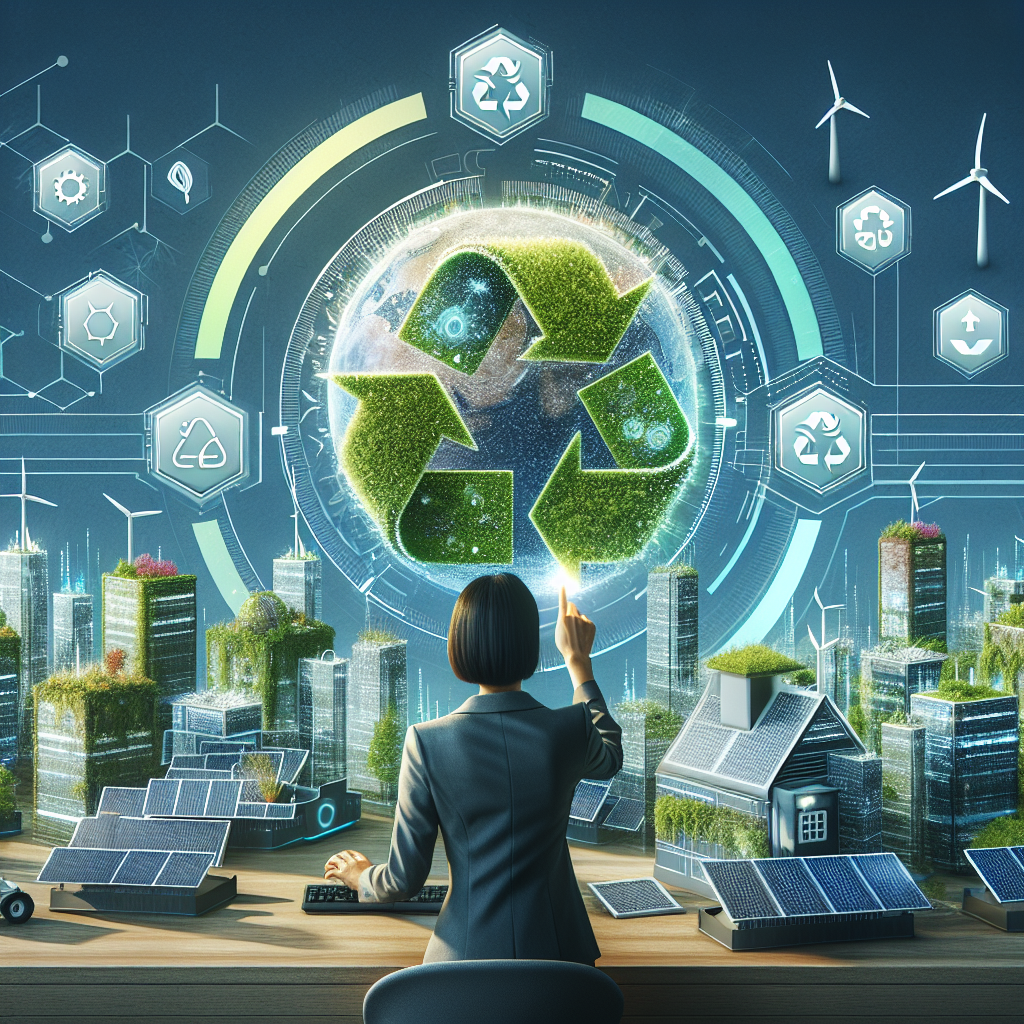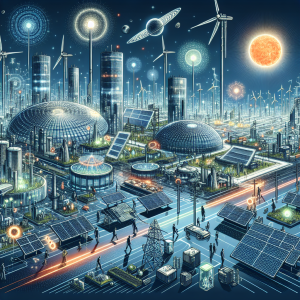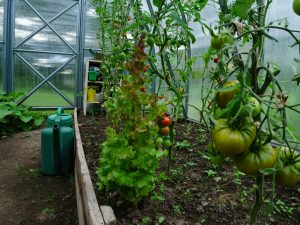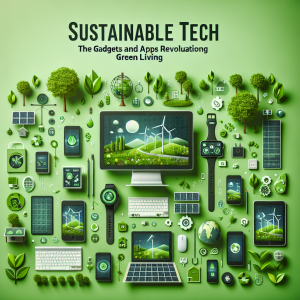Innovative Recycling Methods for a Greener Planet
Innovative recycling methods are essential to creating a greener planet as they minimize waste, reduce environmental impact, and extend the lifecycle of materials. One of the most promising techniques in modern recycling is chemical recycling. Unlike traditional mechanical recycling, which involves physically breaking down materials, chemical recycling uses chemical processes to decompose plastics into their original monomers. These can then be repurposed into new high-quality plastics without the degradation issues often associated with mechanical recycling. This method is particularly beneficial for hard-to-recycle plastics like polystyrene or multi-layered materials, boosting recycling rates and enabling a more sustainable loop for items traditionally considered non-recyclable.
Biodegradable plastics have emerged as another game-changer in waste management. They are crafted to break down more quickly and with fewer environmental residues compared to conventional plastics. Leading the market are polylactic acid (PLA) and polyhydroxyalkanoates (PHAs), which are derived from renewable biomass sources such as corn starch or sugarcane. These materials present sustainable alternatives for packaging, single-use items, and agricultural films, thus significantly reducing dependency on fossil fuel-based plastics. However, the effectiveness of biodegradables is context-dependent; they require specific conditions for decomposition, such as industrial composting facilities, highlighting the need for appropriate waste management infrastructures.
Upcycling is a creative and impactful recycling strategy that turns waste materials or useless products into new items of higher quality or environmental value. This method has gained popularity in both art and fashion industries, where artists and designers convert discarded materials into artworks or trendy apparel, offering a sustainable alternative to resource-intensive manufacturing. Moreover, innovative businesses are capitalizing on upcycling with furniture, transforming wooden pallets into tables or plastic bottles into eco-friendly insulation for homes.
Advancements in recycling technology have also embraced artificial intelligence (AI) and robotics. AI-powered sorting systems optimize the recycling process by accurately identifying and separating materials at a speed and precision unmatched by human labor. Embedded with machine learning algorithms and computer vision, these robots can distinguish between different types of plastics, metals, and paper, enhancing both the efficiency and purity of the recycling stream. This cutting-edge technology not only increases material recovery rates but also reduces the contamination that often downgrades the quality of recycled materials.
International collaborations in recycling exemplify how collective global effort can drive change. For instance, projects like the Ocean Cleanup aim to tackle marine plastic pollution through advanced technology that collects debris from the ocean surface. Simultaneously, collaborations between countries lead to the sharing of innovative waste management practices and technological breakthroughs, fostering a worldwide community determined to combat environmental waste challenges.
3D printing technology, or additive manufacturing, is forging a path for a new recycling paradigm by turning waste materials into raw printing resources. This technique not only reduces material wastage but also enables the creation of intricate designs without the traditional manufacturing excess. Filaments for 3D printers can be made from recycled plastics, diverting waste from landfills and turning it into valuable products. This approach perfectly aligns with circular economy principles, creating new potentials for industries seeking sustainable manufacturing alternatives.
Eco-brick technology represents an accessible and pragmatic recycling approach for communities worldwide. By compactly filling plastic bottles with non-biodegradable waste, eco-bricks are formed, which can be used as building materials in construction. This method is particularly appealing for developing countries or regions with limited recycling infrastructure, providing them with an economically viable way to deal with plastic waste while simultaneously addressing housing needs.
The development of enzymes capable of breaking down plastics at an accelerated rate is yet another frontier in recycling innovation. Research has uncovered specific bacteria and fungi capable of degrading plastics that would otherwise persist for centuries. By genetically engineering these microorganisms to function on a larger scale, scientists hope to significantly reduce the time required for plastic degradation, potentially transforming waste management practices across the globe.
Community involvement and education empower recycling initiatives by fostering greater public awareness and participation. Programs that educate individuals about proper waste separation and recycling benefits help minimize contamination and improve the efficiency of recycling systems. Additionally, community-driven recycling initiatives, like deposit return schemes for beverage containers, encourage citizens to actively participate in recycling efforts, providing economic incentives and instilling a recycling-conscious mindset.
Companies are actively embracing sustainable packaging solutions to address consumer demand for environmentally friendly products. The adoption of biodegradable, recyclable, or reusable packaging helps reduce the environmental footprint of consumer goods. Brands are also experimenting with innovative materials such as mycelium packaging, cultivated from fungi, which serves as a sustainable alternative to Styrofoam. These efforts demonstrate a shift towards more eco-conscious business practices in response to growing environmental awareness.
Incorporating these innovative methods into mainstream recycling practices can dramatically enhance global sustainability efforts. Through technological advances, community action, and international cooperation, it is possible to develop a recycling ecosystem that better conserves resources, reduces waste, and safeguards the environment for future generations. Recycling is not merely a waste management tool but is also a crucial component of a sustainable future, needing widespread implementation and continued innovation to address the mounting environmental challenges we face today. As these methods evolve, they not only present solutions to current waste issues but also pave the way for a greener planet.




